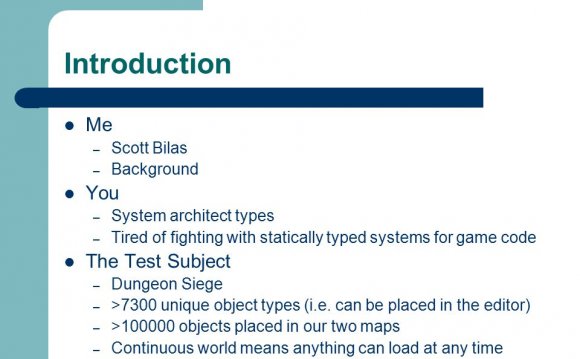
It’s lonely at the top, and being one of the rarest and most strategically capable personality types, INTJs know this all too well. INTJs form just two percent of the population, and women of this personality type are especially rare, forming just 0.8% of the population – it is often a challenge for them to find like-minded individuals who are able to keep up with their relentless intellectualism and chess-like maneuvering. People with the INTJ personality type are imaginative yet decisive, ambitious yet private, amazingly curious, but they do not squander their energy.
Nothing Can Stop the Right Attitude From Achieving Its Goal
With a natural thirst for knowledge that shows itself early in life, INTJs are often given the title of “bookworm” as children. While this may be intended as an insult by their peers, they more than likely identify with it and are even proud of it, greatly enjoying their broad and deep body of knowledge. INTJs enjoy sharing what they know as well, confident in their mastery of their chosen subjects, but owing to their Intuitive (N) and Judging (J) traits, they prefer to design and execute a brilliant plan within their field rather than share opinions on “uninteresting” distractions like gossip.
“You are not entitled to your opinion. You are entitled to your informed opinion. No one is entitled to be ignorant.”
Harlan EllisonA paradox to most observers, INTJs are able to live by glaring contradictions that nonetheless make perfect sense – at least from a purely rational perspective. For example, INTJs are simultaneously the most starry-eyed idealists and the bitterest of cynics, a seemingly impossible conflict. But this is because INTJ types tend to believe that with effort, intelligence and consideration, nothing is impossible, while at the same time they believe that people are too lazy, short-sighted or self-serving to actually achieve those fantastic results. Yet that cynical view of reality is unlikely to stop an interested INTJ from achieving a result they believe to be relevant.

In Matters Of Principle, Stand Like a Rock
INTJs radiate self-confidence and an aura of mystery, and their insightful observations, original ideas and formidable logic enable them to push change through with sheer willpower and force of personality. At times it will seem that INTJs are bent on deconstructing and rebuilding every idea and system they come into contact with, employing a sense of perfectionism and even morality to this work. Anyone who doesn’t have the talent to keep up with INTJs’ processes, or worse yet, doesn’t see the point of them, is likely to immediately and permanently lose their respect.
Rules, limitations and traditions are anathema to the INTJ personality type – everything should be open to questioning and reevaluation, and if they see a way, INTJs will often act unilaterally to enact their technically superior, sometimes insensitive, and almost always unorthodox methods and ideas.
This isn’t to be misunderstood as impulsiveness – INTJs will strive to remain rational no matter how attractive the end goal may be, and every idea, whether generated internally or soaked in from the outside world, must pass the ruthless and ever-present “Is this going to work?” filter. This mechanism is applied at all times, to all things and all people, and this is often where INTJ personality types run into trouble.
One Reflects More When Traveling Alone
INTJs are brilliant and confident in bodies of knowledge they have taken the time to understand, but unfortunately the social contract is unlikely to be one of those subjects. White lies and small talk are hard enough as it is for a type that craves truth and depth, but INTJs may go so far as to see many social conventions as downright stupid. Ironically, it is often best for them to remain where they are comfortable – out of the spotlight – where the natural confidence prevalent in INTJs as they work with the familiar can serve as its own beacon, attracting people, romantically or otherwise, of similar temperament and interests.
RELATED VIDEO












